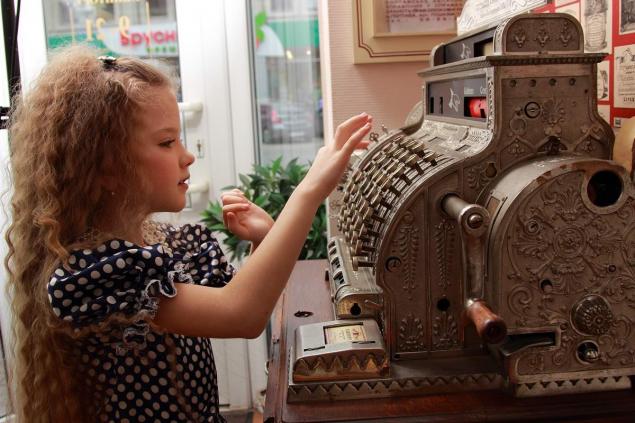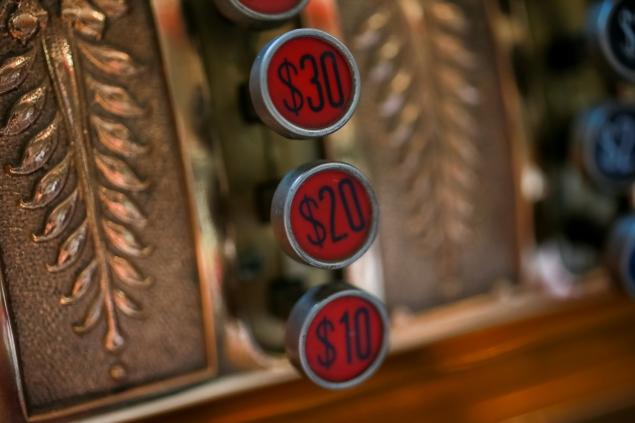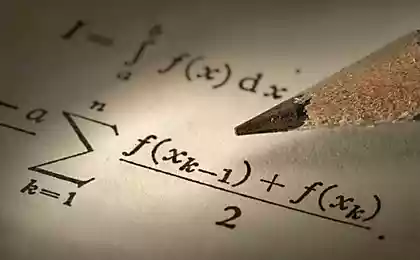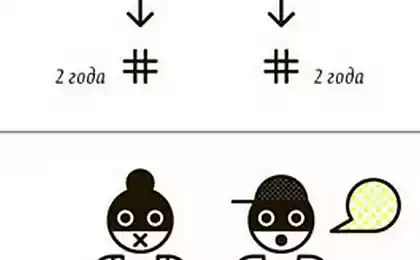214
Will you be able to quickly calculate what losses the store suffered due to a thief, a task for fans to strain the gyrus
It happens that the most difficult is unexpectedly the simplest. For example, it seems easy to solve equations with fractions and variables. And at the same time, you fall into a stupor when the cashier says that there is no change, and for some reason requires another ten rubles. Our task today is just one of the same series. It doesn't seem complicated. But once you start counting how much money is in the cash register, you don’t even know what is right and what is not.

So, let’s say that the thief stole $100 from the cash register. Then he bought $70 worth of merchandise at the same store and got $30 change. Question: How much money did the store lose?

I showed it to my friends. One says, "Stolen a hundred, bought (not stolen) $70." But I paid a stolen hundred. He also received $30 from her. Consequently, The store lost $130.?

The second one says, “Did you all go to school?” He stole 100, took 70, and got $30 in change. So that's $200.! ?

The third refers to Marx. All that is bought is commodity-money relations. The only loss is what is stolen.

The smartest think it would be nice to conduct an investigative experiment. Let's say there was $130 in the box office. The thief stole a hundred, left 30. Then he gives the seller a hundred, picks up the goods and 30 change.

What do we have? There's $100 left in the box office. Consequently, the store lost $30 in cash and $70 in merchandise. It's 100.. From such reasoning, frankly, my head went round. Help us settle our dispute. How much did the store actually lose: $100, $130, or $200?
When the whole family is at home, it is time to relax and relax in friendly company. You can, for example, spend a little warm-up for the brain, solving with children amazing, funny and funny tasks for intelligence.

So, let’s say that the thief stole $100 from the cash register. Then he bought $70 worth of merchandise at the same store and got $30 change. Question: How much money did the store lose?

I showed it to my friends. One says, "Stolen a hundred, bought (not stolen) $70." But I paid a stolen hundred. He also received $30 from her. Consequently, The store lost $130.?

The second one says, “Did you all go to school?” He stole 100, took 70, and got $30 in change. So that's $200.! ?

The third refers to Marx. All that is bought is commodity-money relations. The only loss is what is stolen.

The smartest think it would be nice to conduct an investigative experiment. Let's say there was $130 in the box office. The thief stole a hundred, left 30. Then he gives the seller a hundred, picks up the goods and 30 change.

What do we have? There's $100 left in the box office. Consequently, the store lost $30 in cash and $70 in merchandise. It's 100.. From such reasoning, frankly, my head went round. Help us settle our dispute. How much did the store actually lose: $100, $130, or $200?
When the whole family is at home, it is time to relax and relax in friendly company. You can, for example, spend a little warm-up for the brain, solving with children amazing, funny and funny tasks for intelligence.
Disconnected in the evening from fatigue and forgot to hide pancakes, they dried, called mother-in-law pleading for help.
Four bosom friends promised each other to meet again in 20 years, but only three came to the meeting.























